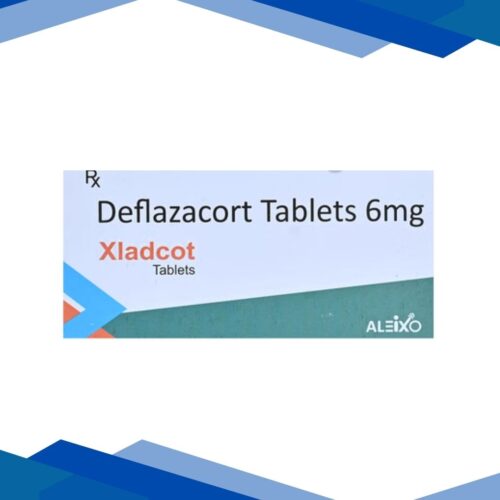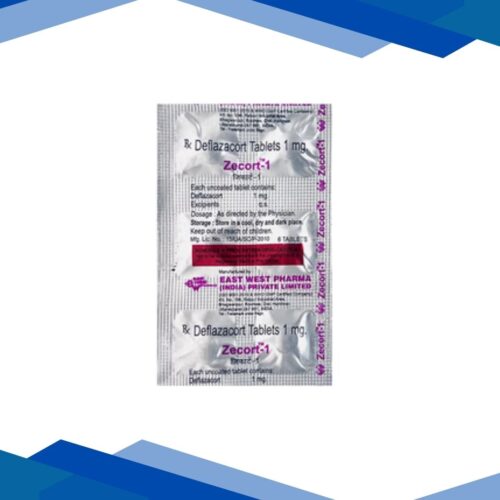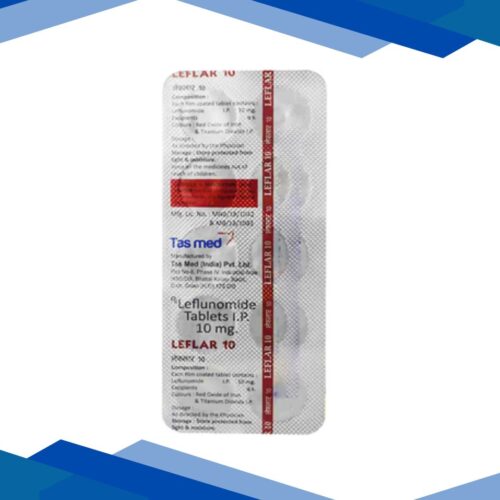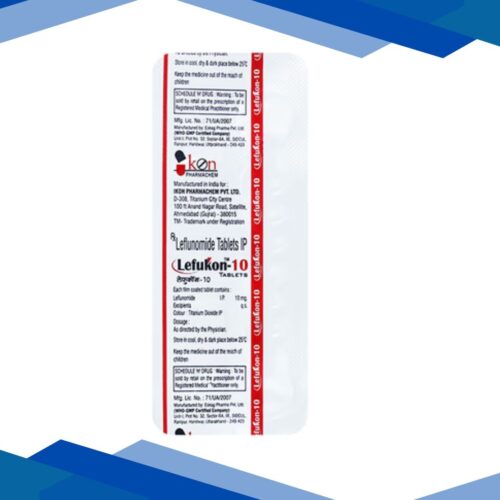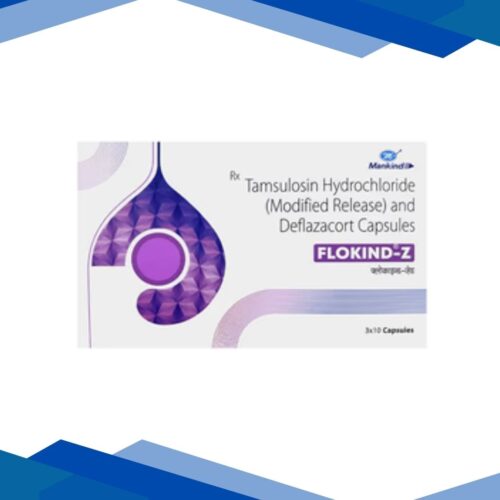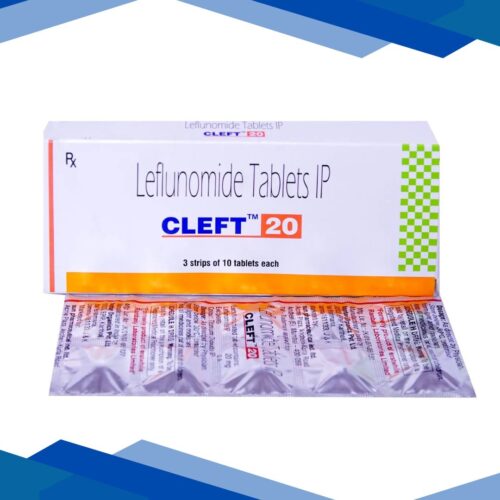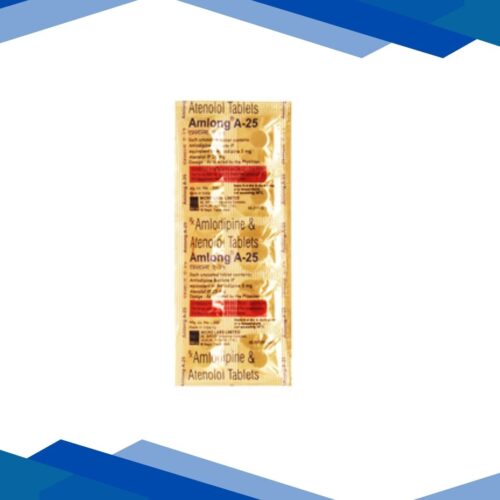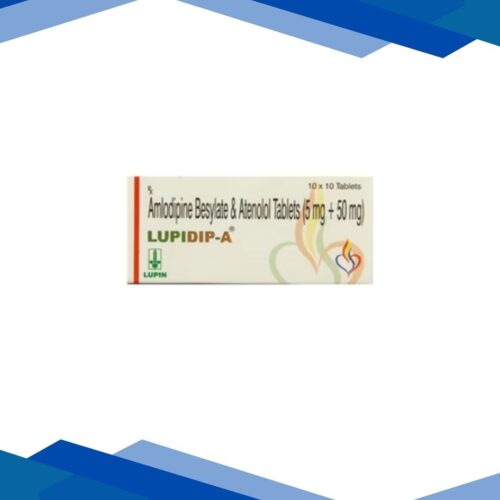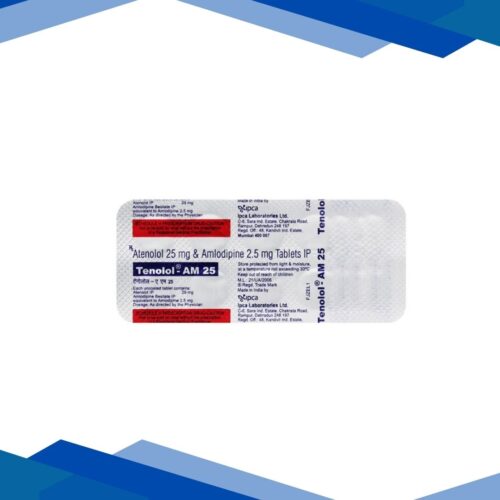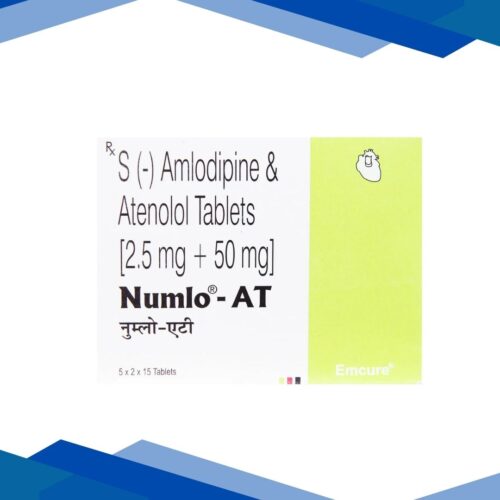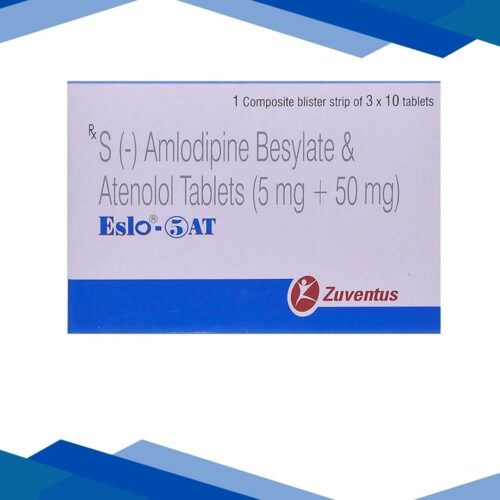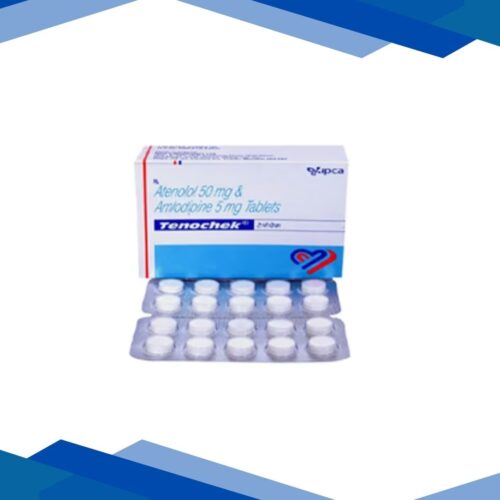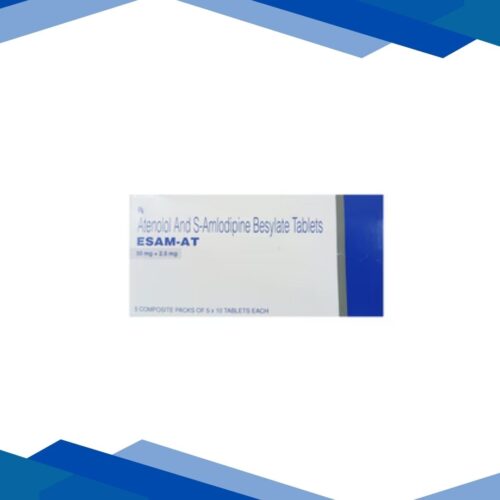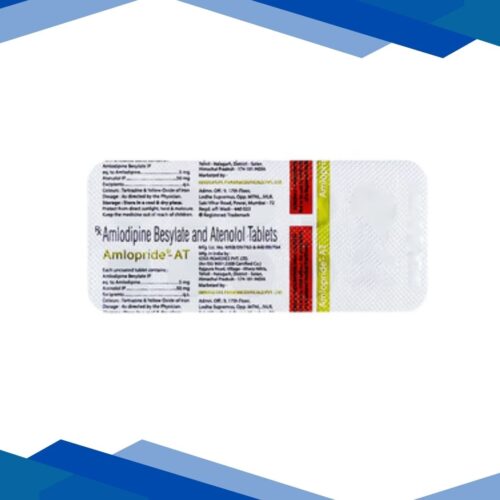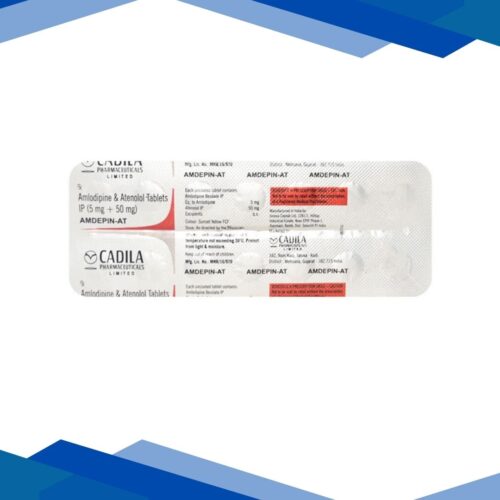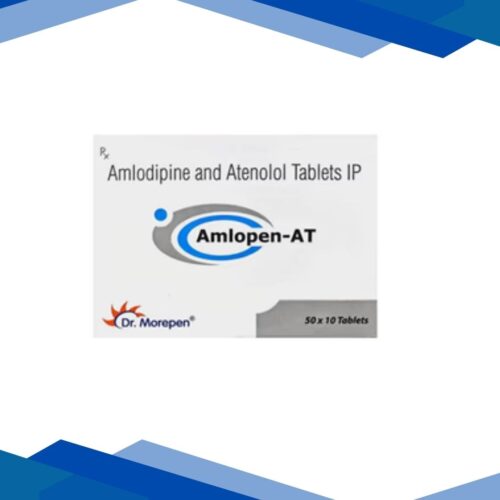FLOKIND Z Capsule 10’s
Biodipin-AT
No Prescription yet? Don’t worry! Click Here to Get Online Consultation
Why Prescription is Required?
✅ Providing Right Medicines
Prescriptions are complex documents. We proofread and recheck at various steps to provide you the right medication in the correct form and dose.
⚖️ Helps Comply with the Law
Most medicines cannot be sold without a valid prescription, as per the Drugs and Cosmetics Act, 1940 and Rules, 1945.
Book Appointment with Doctor
The combination of amlodipine and atenolol is used to treat high blood pressure (hypertension) and angina (chest pain) by reducing heart rate and relaxing blood vessels to improve blood flow.
Amlodipine
AMLODIPINE
Overview:
Amlodipine is a medication prescribed for managing high blood pressure and chest pain, known as angina. It is part of a class of medications called calcium channel blockers. The drug functions by relaxing and expanding the blood vessels, facilitating smoother blood flow. This action helps to lower blood pressure, alleviate chest pain, and prevent cardiovascular issues such as heart attacks and strokes.
Classification: Calcium Channel Blocker (CCB)
Uses:
This medication is used to manage high blood pressure (hypertension) and prevent chest pain (angina). It aids in enhancing blood circulation and decreasing the heart’s workload, potentially reducing the risk of heart attacks or strokes in certain patients.
How it works:
Amlodipine is classified as a calcium channel blocker. Its mechanism involves preventing calcium from entering the muscle cells in the heart and blood vessels. This action results in the relaxation and dilation of blood vessels, leading to reduced blood pressure and enhanced oxygen delivery to the heart.
Dosage: As prescribed by your doctor.
Side effects:
Dizziness or lightheadedness
Swelling in the legs or ankles
Flushing (warm feeling)
Fatigue
Precautions:
Inform your doctor if you experience liver issues, heart failure, or low blood pressure. Use with caution in elderly individuals. Refrain from consuming alcohol as it may heighten side effects. It is not advised during pregnancy without consulting a healthcare professional. Inform your doctor if you experience liver issues, heart failure, or low blood pressure.
Disclaimer: This content is for informational purposes only. Always consult a healthcare provider for medical advice and proper dosage
Atenolol
ATENOLOL
Overview:
Atenolol is commonly used to treat heart-related conditions. It helps the heart work more efficiently, eases its workload, and lowers the pressure inside blood vessels. This can prevent serious problems like heart attacks or strokes. It’s often taken as a daily tablet.
Classification: beta-blocker
Uses:
High blood pressure (hypertension)
Chest pain (angina)
Irregular heart rhythms (arrhythmias)
To help the heart recover after a heart attack
Sometimes used to prevent migraines or manage symptoms of anxiety (off-label use)
How It Works:
Atenolol blocks the effects of stress hormones like adrenaline on the heart. This helps:
Slow the heart rate
Lower blood pressure
Reduce the heart’s oxygen demand, which helps relieve chest pain
Calm irregular heartbeat patterns
Dosage: As prescribed by your doctor.
Side effects:
Some people may experience:
Tiredness or fatigue
Cold hands and feet
Dizziness or lightheadedness
Slow heartbeat
In some cases: mood changes, shortness of breath, or trouble sleeping
Precautions:
Should be used with caution in people with asthma, diabetes, or thyroid issues
Don’t stop suddenly—this can cause a spike in heart rate or chest pain
Tell your doctor if you have heart block, low blood pressure, or poor circulation
May mask signs of low blood sugar in diabetics—monitor blood sugar closely
Use in pregnancy or breastfeeding only if prescribed by a doctor
Disclaimer:
This content is for informational purposes only. Always consult a healthcare provider for medical advice and proper dosage.
